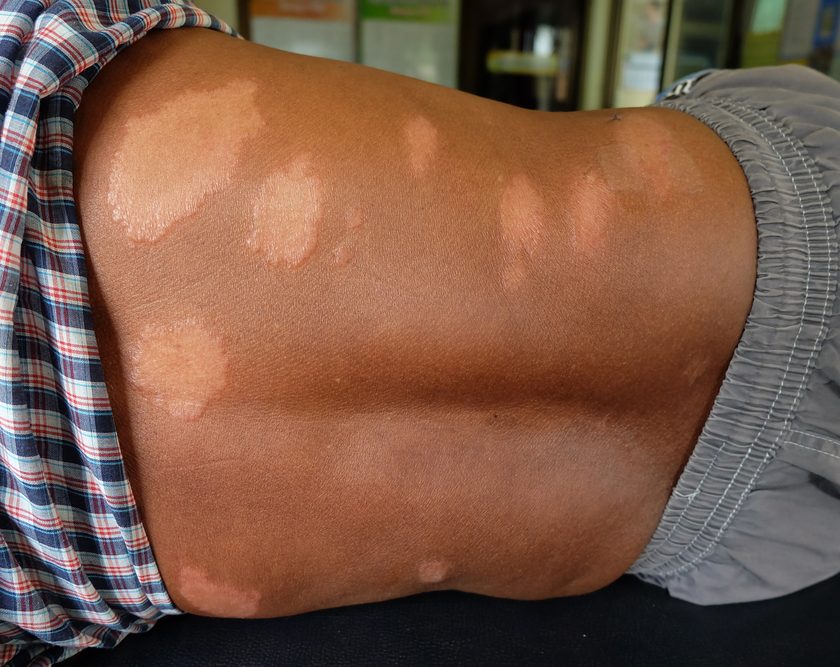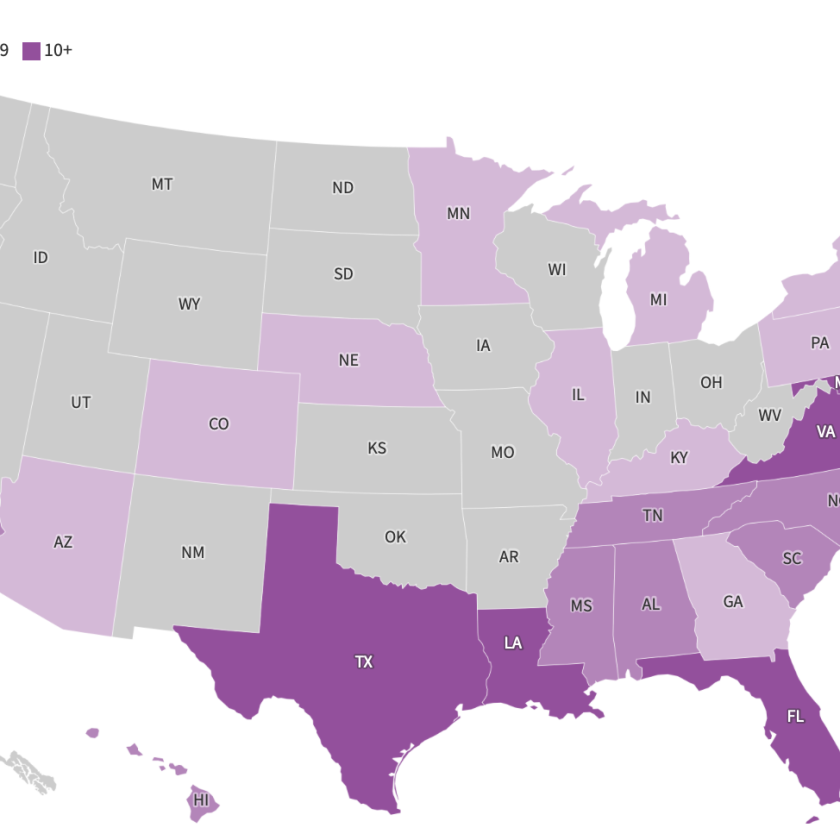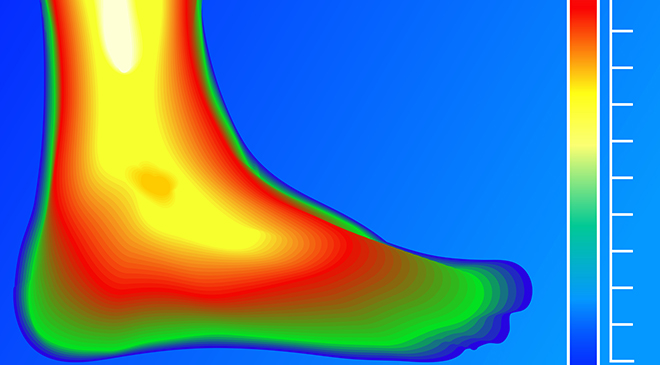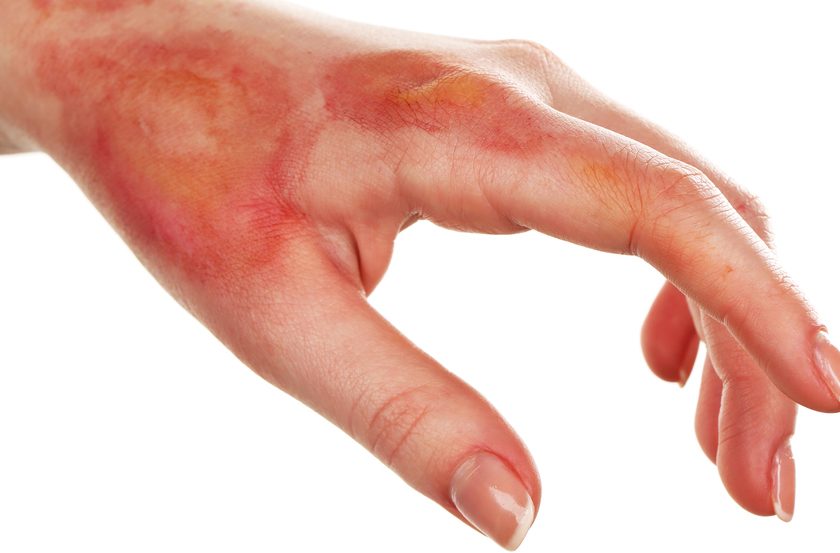by Dr. Michael Miller
There are few absolutes in my universe. I know that my youngest daughter will gleefully and with full malice (but humorously presented) find something to torment me about every time I see her; referrals from family practice docs arrive well marinated in multiple antibiotics with nary a diagnosis in sight (save for the ubiquitous “infection”); and that regardless of what I recommend, offer, beg, plead, or cajole, that the patient has the complete and total power to make their decisions regarding their care and who provides it. Unless they are deemed by multiple authorities to be incapable of making a decision, until the appropriate paperwork or an emergency situation exists mandating immediate lifesaving action, the ball bounces squarely in their court…or so I thought.
On a recent long-term care visit, a former patient wheeled up to me, reintroduced herself and requested that I see her for a bedsore. She had been last seen over a year before for another issue but was so pleased to find me at the facility that she wanted to be sure I could see and help her. Feeling honored that she had remembered me but more so, that she wanted my assistance, I found her nurse and advised her of the request. We went to her room where accompanied by her hall nurse, two aids and my own nurse, we performed our usual comprehensive evaluation.
Subsequently, the patient begged me to get her better and with that request firmly ensconced in my psyche, I proceeded to write a note reviewing the evaluation. The current care provided by a dabbling plastic surgeon with far too much time and far too little understanding of wound care was a peanut butter sandwich of multiple products including the de-facto topical antibiotic with daily dressing changes, all designed to terminate any attempt by her body to heal.
The note written was simple, logical, as well as cost effective. Simple bread and butter orders were issued with a few things to address her moderate to severe malnutrition. Up to that point that issue had been addressed through a mechanical soft diet with no supplementation.
My sense of self-satisfaction dissolved when the unit manager abruptly burst onto the scene, stood to her fullest height of 5 ft 1 inch at the desk and in full view of surrounding patient, other staff and a few curious visitors demanded to know why I had seen another doctor’s patient. Despite my explanation that it was the patient’s requests, I was told in a rapid fire, staccato LOUD, verbal assault that the patient had early Alzheimer’s, that her case was under the Adult Protective Services due to issues regarding abuse by her son, and that they and only they (APS) could make decisions regarding her care. My orders and written note were pulled from my hands and I was told that she was not going to let me charge the patient for a visit that was illegal. My respectful but terse request for a copy of the documentation of all her allegations resulted in (in order), a mad tearing through the chart unsuccessfully; a request for the facility DON to confirm her story (partially but only the part about APS and also done at the same nursing counter); and finally the Facility Social Worker who after not finding the paperwork, gave me the number of the APS investigator to contact. It turned out to be a fax number. I swear to you that I did not utter any profanity, did not yell, nor become abusive, though my nurse did say my face got a bit redder than usual. We returned to the car to contact APS.
As will come as no surprise, the investigator assured me that they merely investigated and did not assume POA. A call to the authorities for guidance resulted in disbelief akin to that of Professor Jonathan Gruber’s acknowledgement of American Intelligence. But the saga did not end there. A second visit the next week to confirm the patient’s request demonstrated that the compassionate, ethical, HIPPAA violating, patient centered, unit manager had been told to not be involved any further. After a second multiply witnessed conversation with the patient and another impassioned request from her, the DON and Executive Director asked to meet with me. They both advised me that the patient was to still be cared for by the current doc, her request was not valid, would not be honored and that the medical director himself had authorized the disallowance of my contact and treatment of her to do it himself. Of course, when the Medical Director was contacted by me, he disavowed both allegations telling me that the facility told him what to do with the referrals and further that he could guarantee that the authorities would do nothing for her. In short, I was told that it did not matter what the patient wanted, she was to be treated by the other doc, I could not treat her at the facility (despite 2 other patients there being seen), and that any transport to my office to evaluate or treat her would have to be arranged BY THE PATIENT HERSELF and further, she had to contact the other doctor herself to terminate his care, something that any chair bound, debilitated female with one good wing could easily do.
We made another attempt by calling in orders to the facility arranging for transport to our nearby office for an appointment…a return call two hours later stated that her care was to be continued under the other doc.
Love, hate, fear, respect. Is there truly overlap of a patients rights and the responsibilities of their hosting facility or are there distinct lines that guide and govern who makes what decisions for whom? In disbelief I have had multiple conversations with nurses, other DON’s, and facility directors which have resulted in abject horror, disbelief and in what surprised me most, one or two who stated with full conviction that this was not as unusual as you might believe.
Has the medico-legal phrase Non Compos Mentis been loosely but conveniently bastardized to mean “mental compost” ? How have health care professionals who have graduated from training programs and been licensed as health care providers suddenly become health care extremists? In short, if the watchers are watching us, then who is watching the watchers? This quagmire of self-righteousness versus a simple request for care is too frightening to be anything more than fodder for reality television. Until the commercial starts, I recommend you stay tuned…and closely.
Until we ramble together next time.







